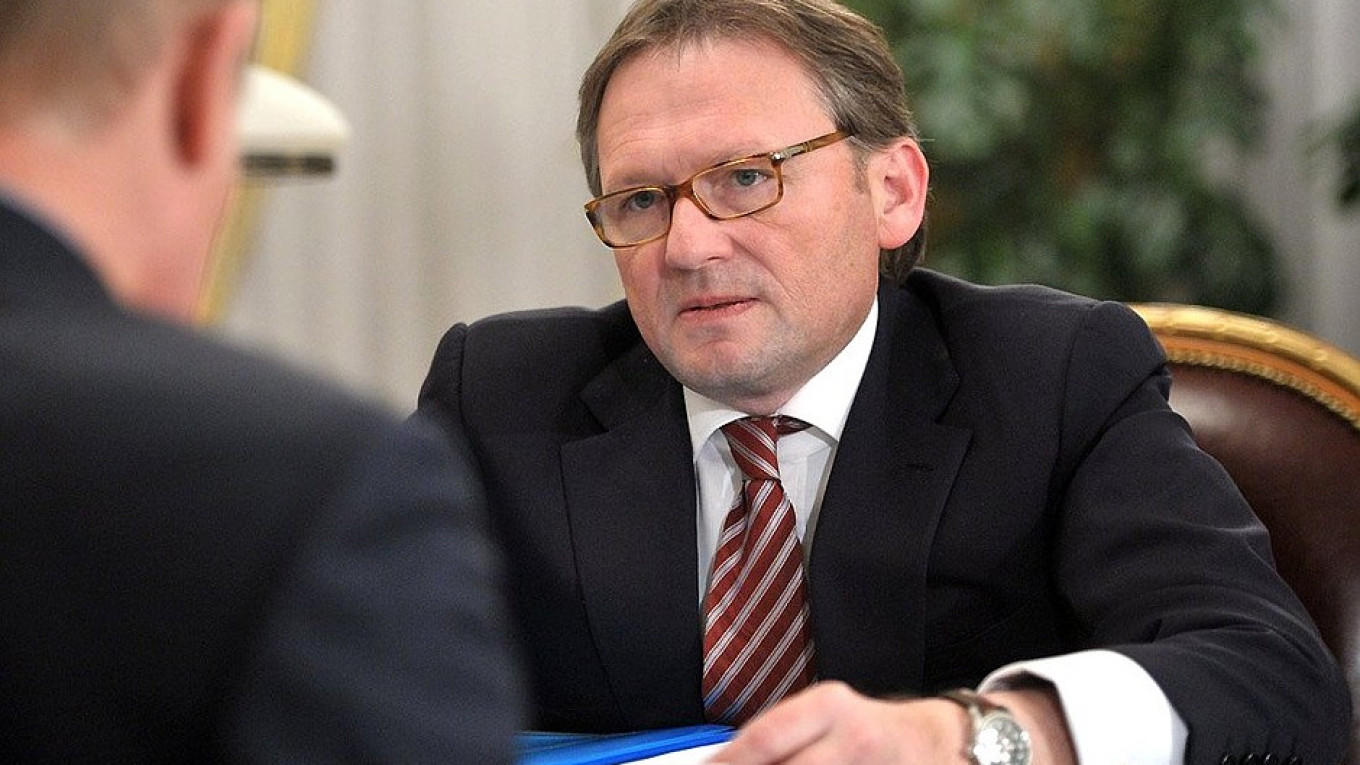The first business owner who returned to Russia after appearing on the so-called ‘Titov list’ has been sentenced to three years in a penal colony for fraud, Russian media reported Friday.
Andrey Kokovin, who returned to Russia from the U.K. last year, was found guilty of stealing 10 million rubles from his Rostov-based company in August 2015 in a high-profile fraud case.
Kokovin had initially fled Russia after criminal proceedings were launched against him four years ago. In February 2018 he was named by Boris Titov, Russia’s business ombudsman and at the time a candidate in the presidential election, as one of a handful of rich Russians facing criminal proceedings in Russia who were looking to return from exile in exchange for amnesty.
The idea of an amnesty was never officially taken up by the Kremlin. Prosecutor General Yuri Chaika said it was a good idea, but President Vladimir Putin’s spokesperson Dmitry Peskov said everything would be decided on a case-by-case basis, and that Russian law would protect those who had not committed any crimes.
Ilya Yurov, one of the individuals facing charges in Russia and living in the U.K., said at the time: “I personally don’t believe it and I’m not ready to be part of such agreements. Nobody can give me a total guarantee of safety in Russia.”
Nevertheless, Kokovin decided to return just days after the Titov List was made public in February 2018. He was temporarily detained upon entering Russia, then released on condition of appearing for further questioning. His case was dropped in August 2018, but subsequently re-opened.
A court in Rostov-on-Don yesterday found him guilty of the original fraud charges which were outlined before he fled Russia to the U.K., sentencing him to three years in a penal colony. Kokovin’s defense team has already submitted an appeal, Deutsche Welle reported, arguing that the verdict was “illegal”. They expect a response by the end of the year.
Titov himself said he was “shocked” and “upset” at the verdict, adding that he would continue to provide legal support to Kakovkin in his appeal. In a Facebook post, Titov wrote: “I'm as shocked as you are about the sentence rendered to Andrey Kakovkin by district court of Rostov-on-Don.”
“We supported Andrey for two years. Thanks to the ‘London List’, Kakovkin was able to return to his homeland and defend himself while at home, at liberty, and not in jail. Unfortunately, the list does not provide guarantees regarding the court verdict. But, my position remains the same: the case of Kakovkin is a civil dispute, not a criminal case.”
“We will actively challenge the verdict ... We work with a severe law enforcement system. No one said it would be easy.”
From the original 16 business owners who were reportedly ready to return to Russia in 2018, the list has now grown to around 40. According to Russian news agency Interfax, 10 have returned to Russia, and criminal proceedings against three have been dropped.
Russia’s prosecutor general said earlier this week that those facing charges who return to Russia will not be held in jail before a court reaches a verdict in their case.
A Message from The Moscow Times:
Dear readers,
We are facing unprecedented challenges. Russia's Prosecutor General's Office has designated The Moscow Times as an "undesirable" organization, criminalizing our work and putting our staff at risk of prosecution. This follows our earlier unjust labeling as a "foreign agent."
These actions are direct attempts to silence independent journalism in Russia. The authorities claim our work "discredits the decisions of the Russian leadership." We see things differently: we strive to provide accurate, unbiased reporting on Russia.
We, the journalists of The Moscow Times, refuse to be silenced. But to continue our work, we need your help.
Your support, no matter how small, makes a world of difference. If you can, please support us monthly starting from just $2. It's quick to set up, and every contribution makes a significant impact.
By supporting The Moscow Times, you're defending open, independent journalism in the face of repression. Thank you for standing with us.
Remind me later.






